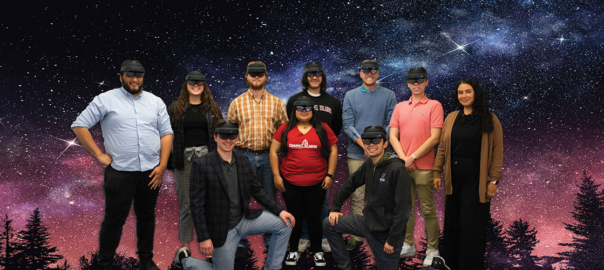Undergraduate research experiences allow students to apply the skills they acquire in the classroom to open problems. I enjoy mentoring undergraduate research groups to explore problems in applied mathematics ranging from modeling the spread of political ideas to developing mathematical damage models for materials science. Whenever possible, my groups are interdisciplinary efforts between math, physics, computer science, and chemistry majors. All are welcome! I'm interested in the intersections of math and neuroscience for future projects.
2022-23 Nonlocal Modeling for corrosion damage due to electrochemistry
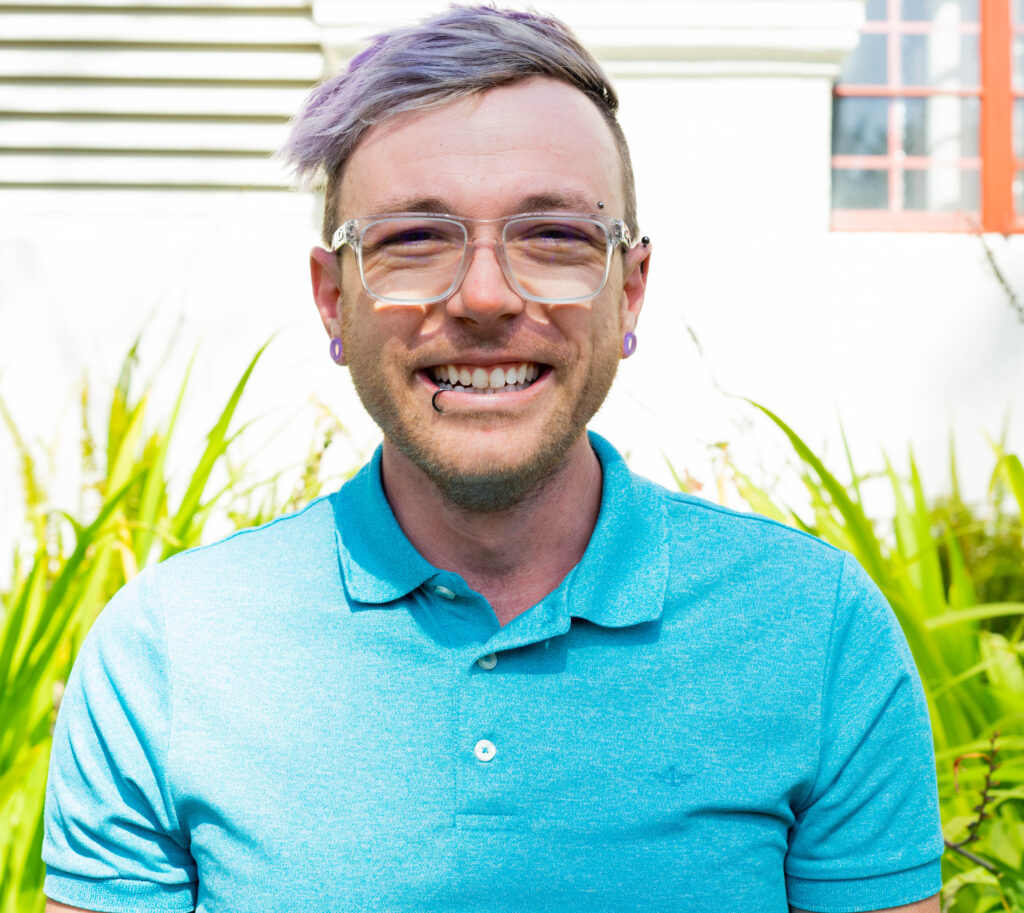
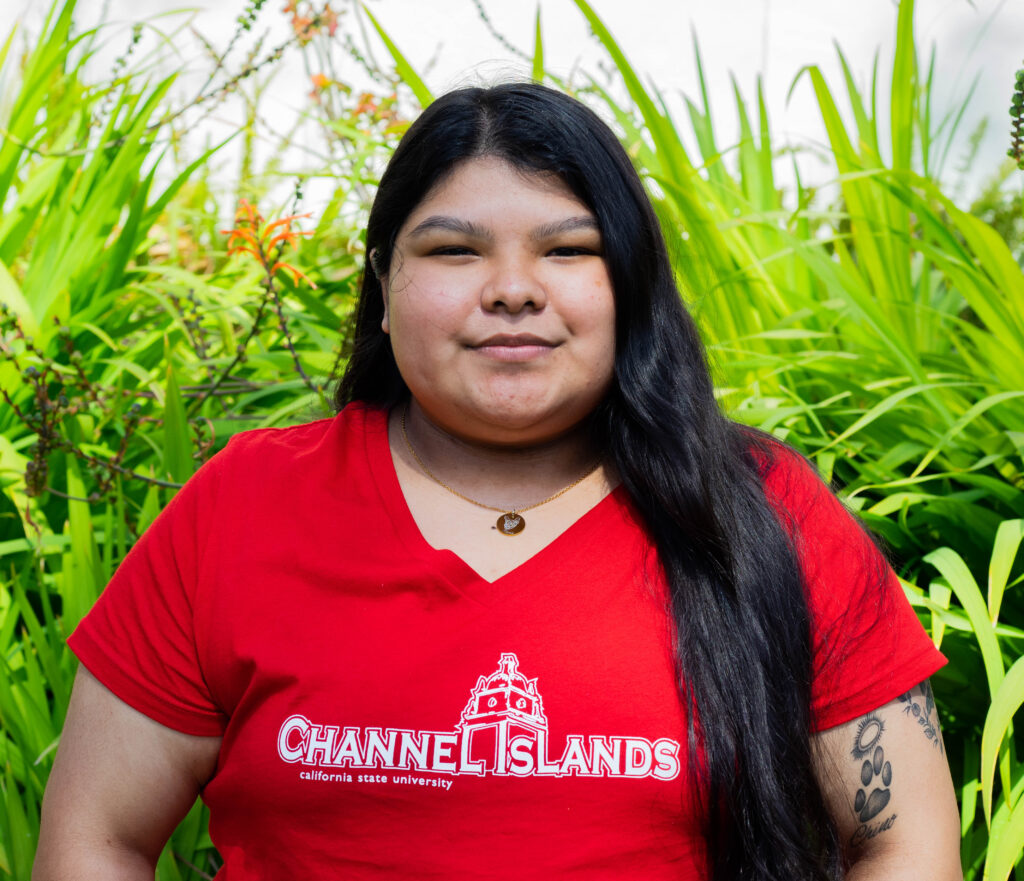
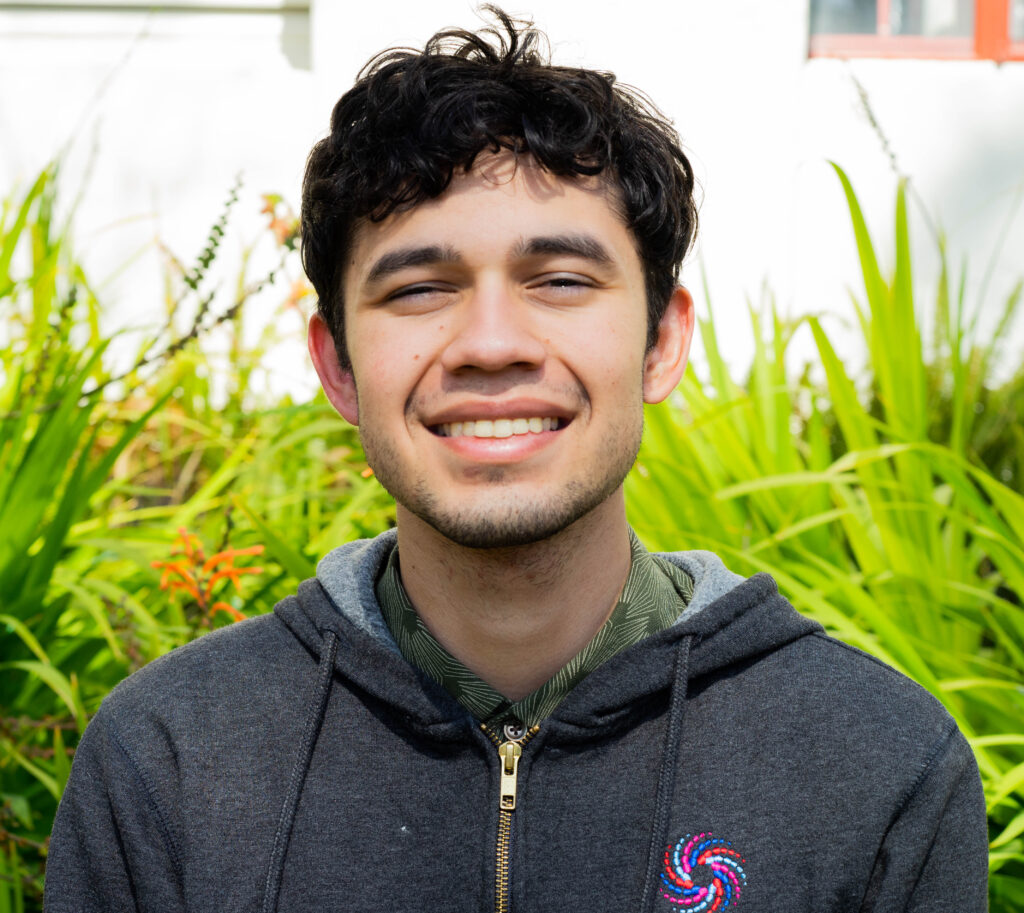
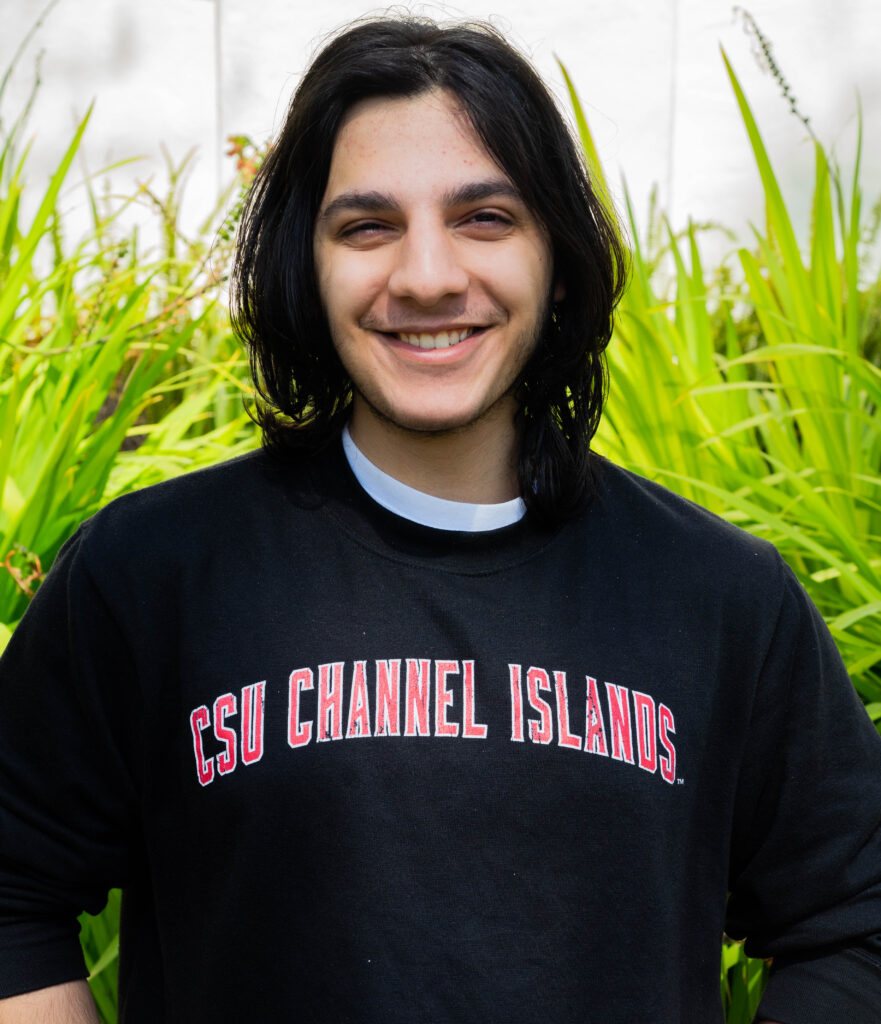
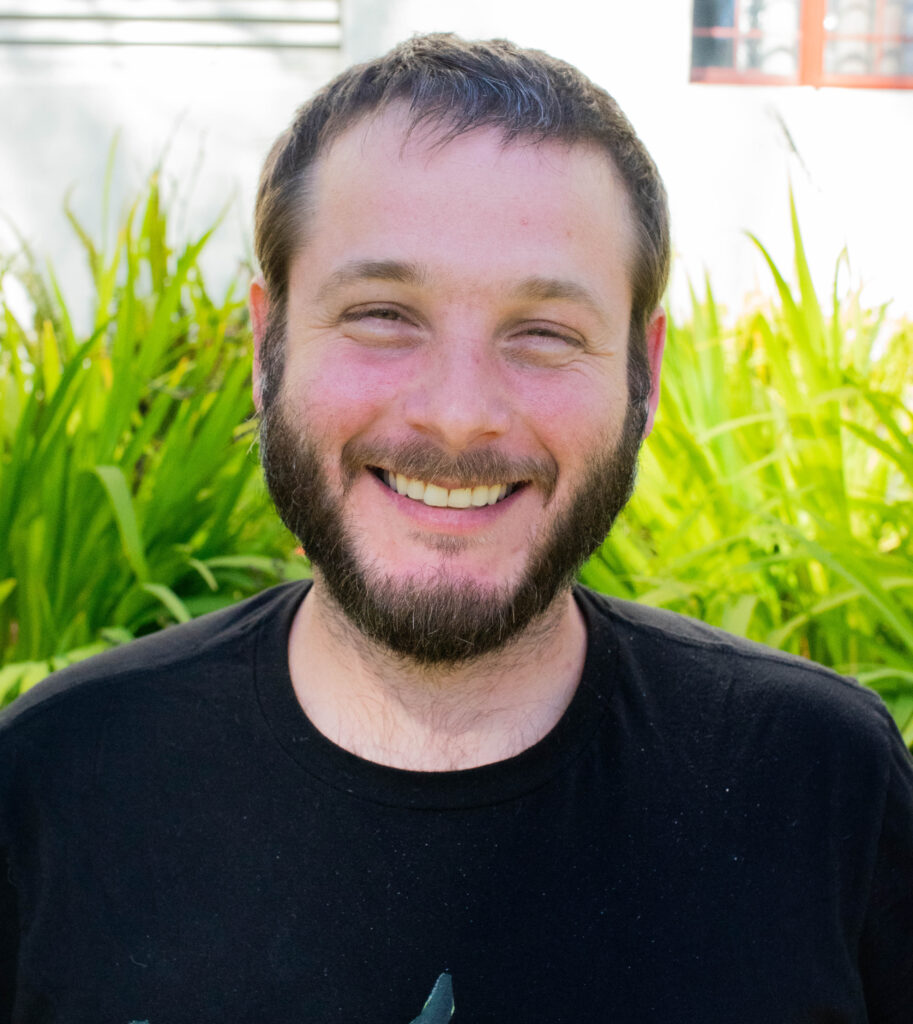
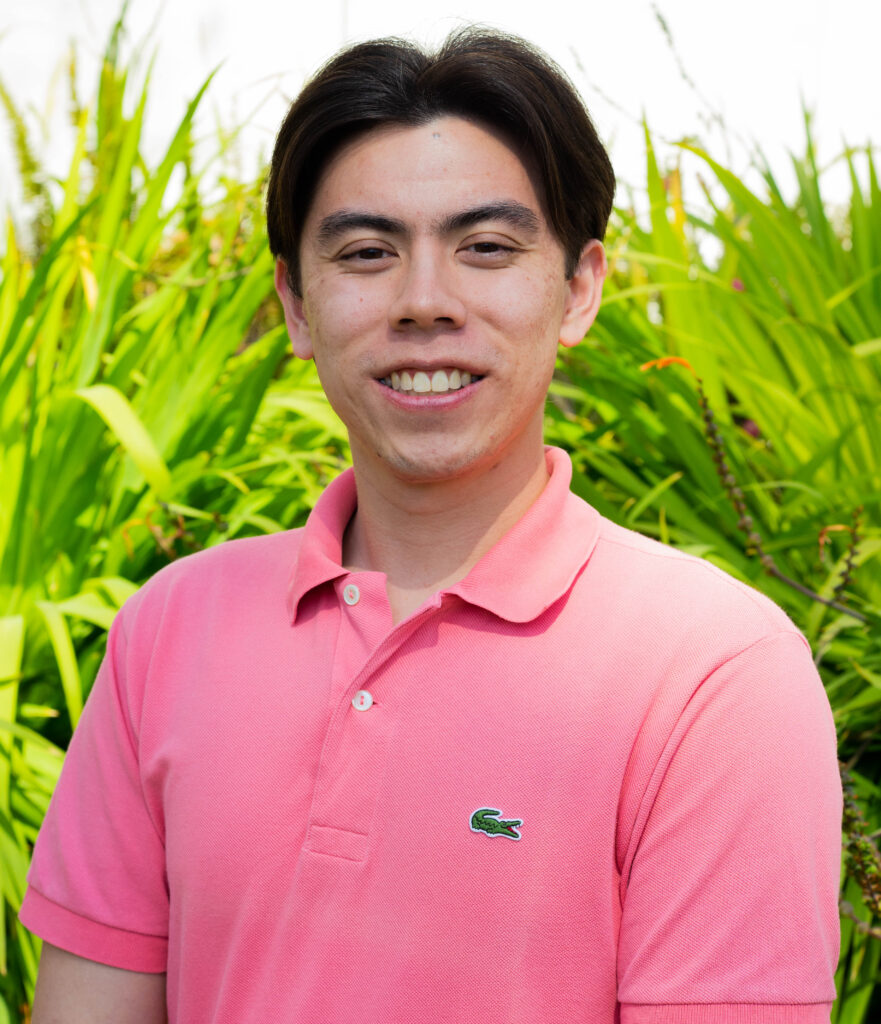
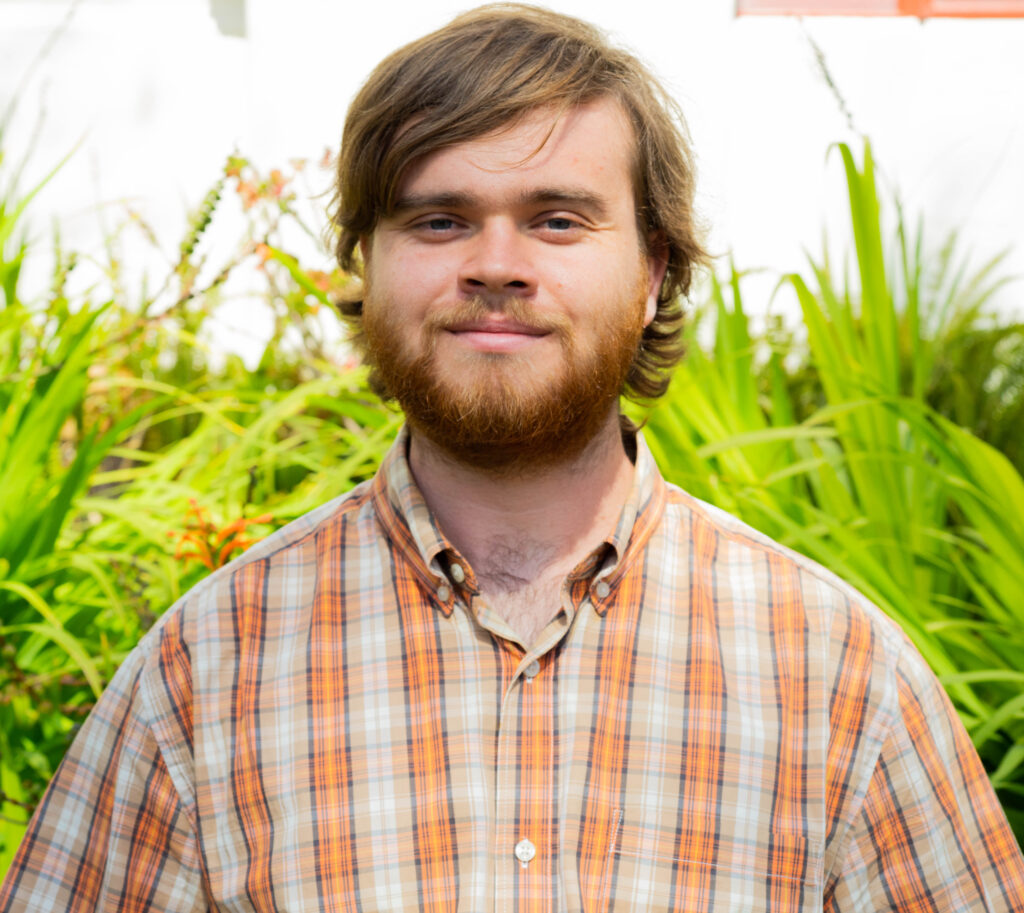
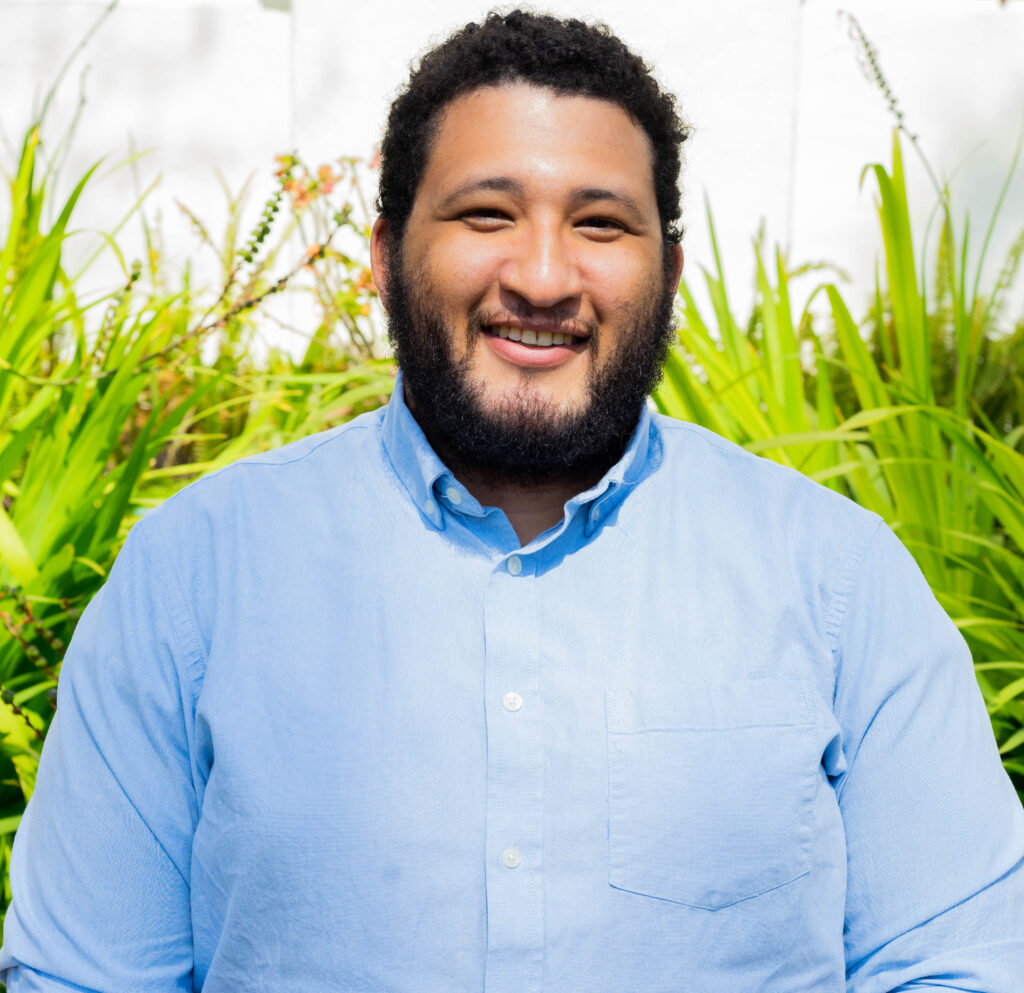

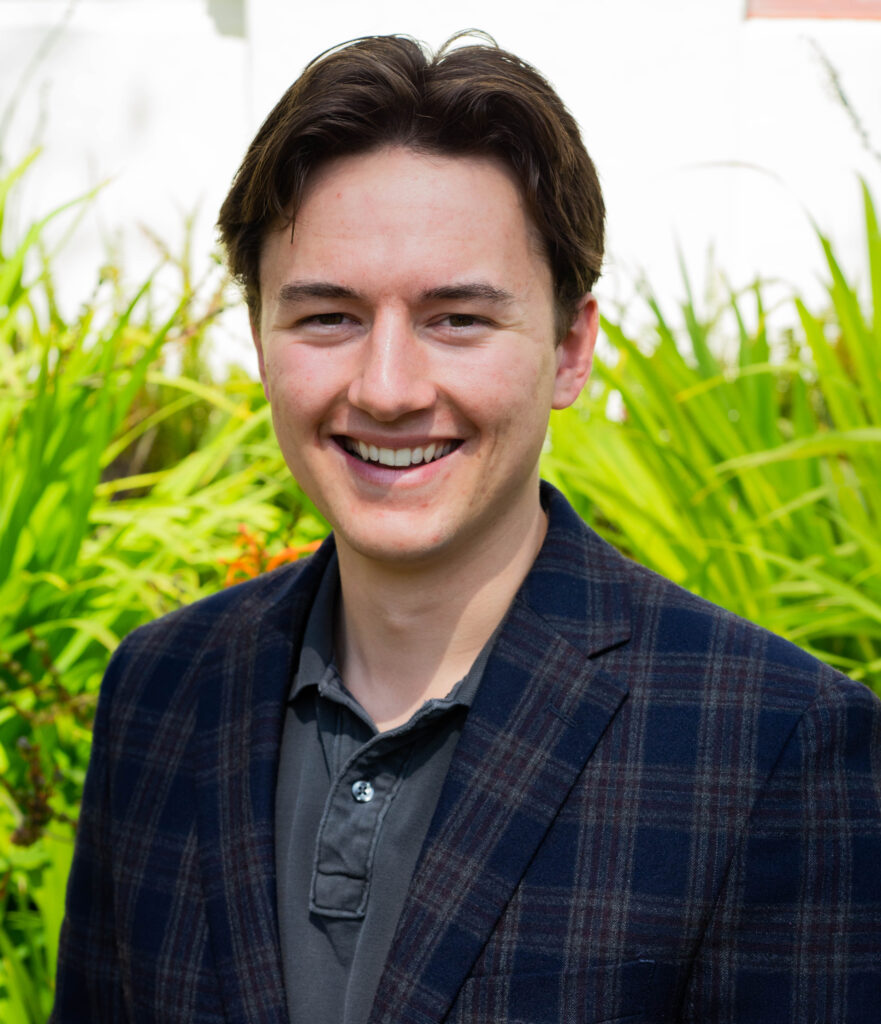
This group has been inspired by works by Professors Max Gunzburger and Florin Bobaru. The math majors have been involved in the derivation of mathematical nonlocal models (e.g., definitions, kernel selection, nonlocal strain energy densities), the CS/math majors explore solvers (including Peridigm and PeriFast) and Augmented Reality Simulations using the Hololens 2, and the physics/biochemistry majors design validation experiments motivated by SVET techniques, and include the effects of MICs. Nearly every member of this group has been supported financially through the National Science Foundation's programs HSI-SMART and PUMP. Trent, Curtis, and Isaac will also be supported by NASA for work in aerospace materials modeling.
